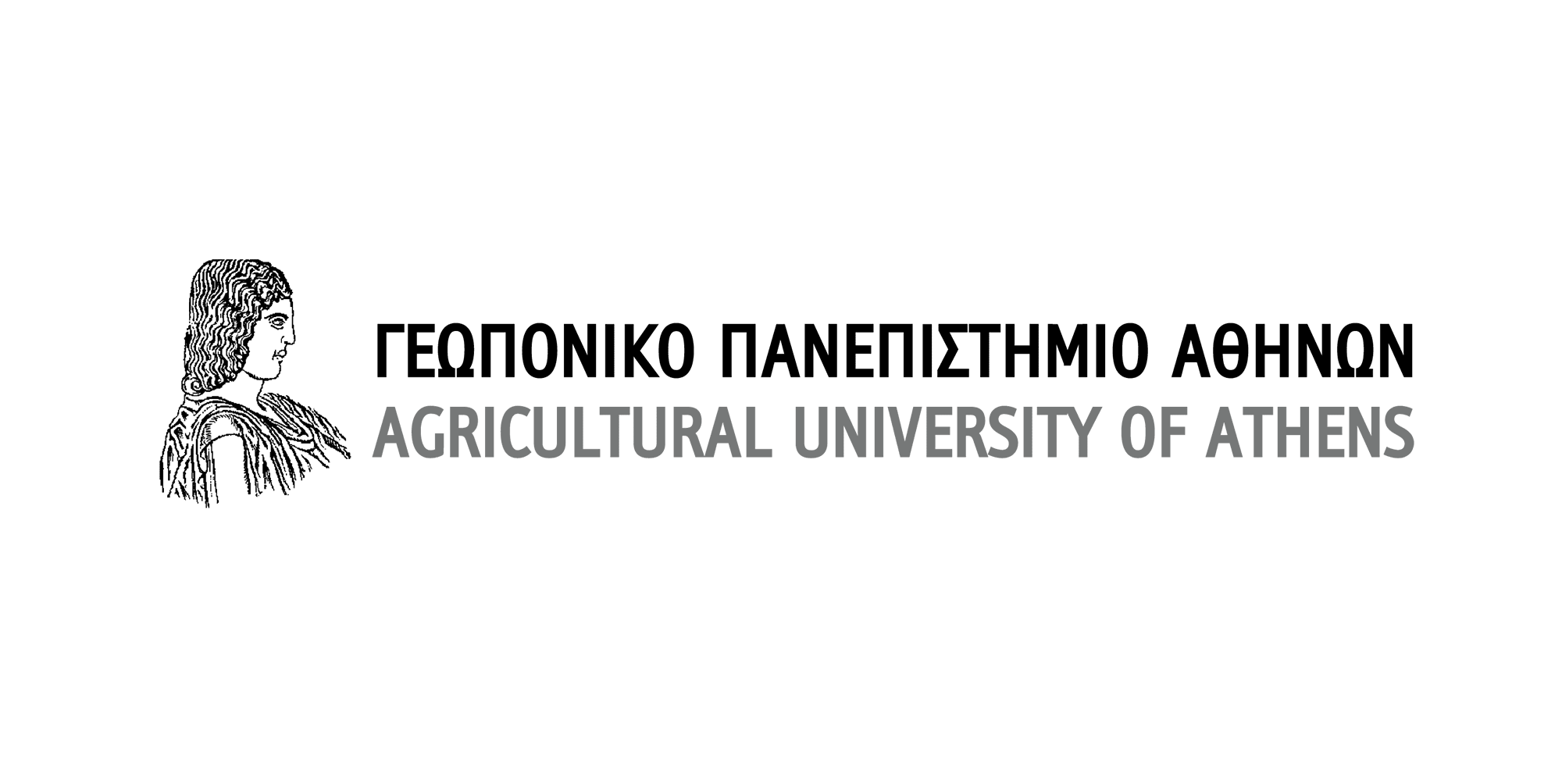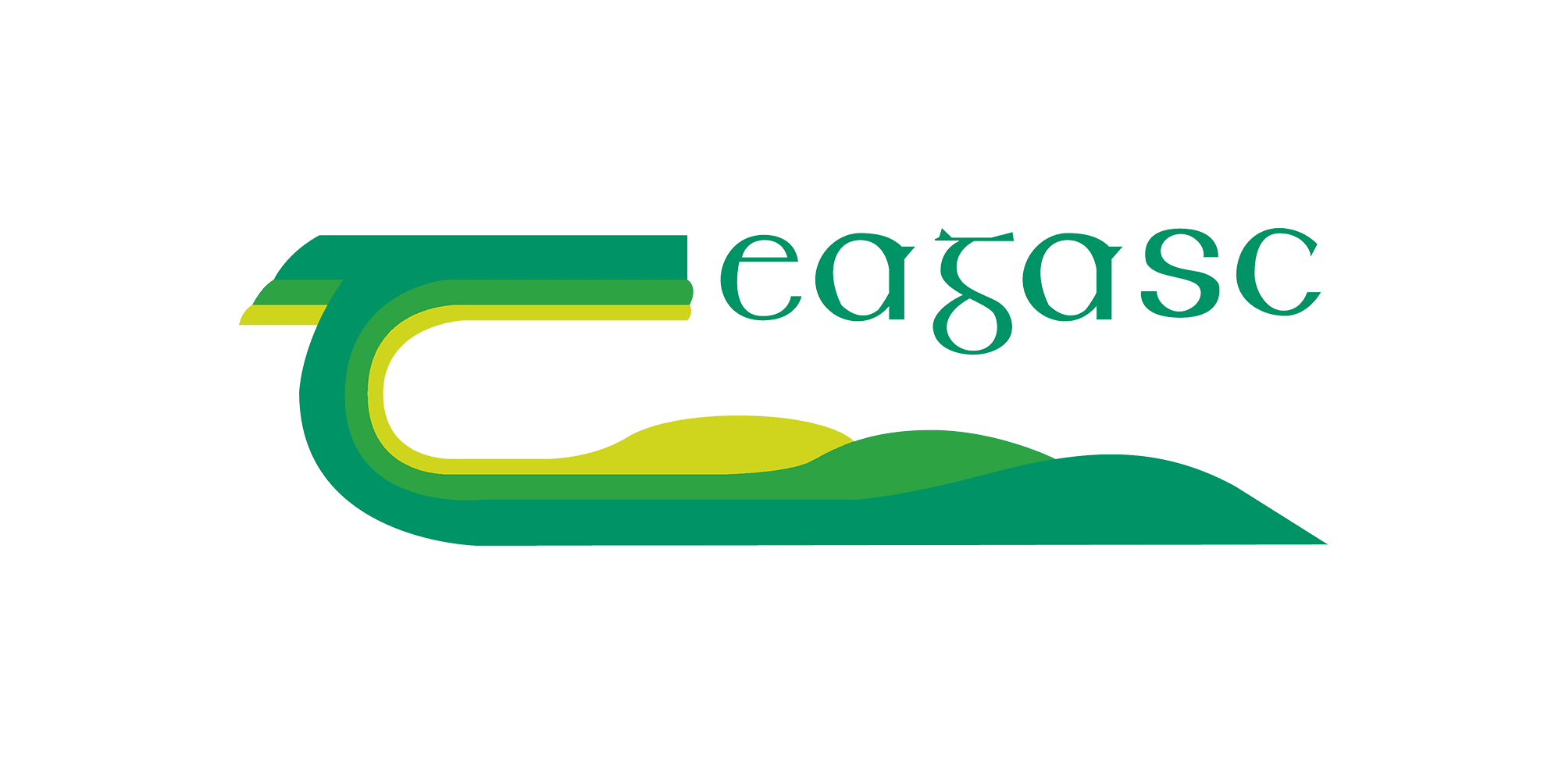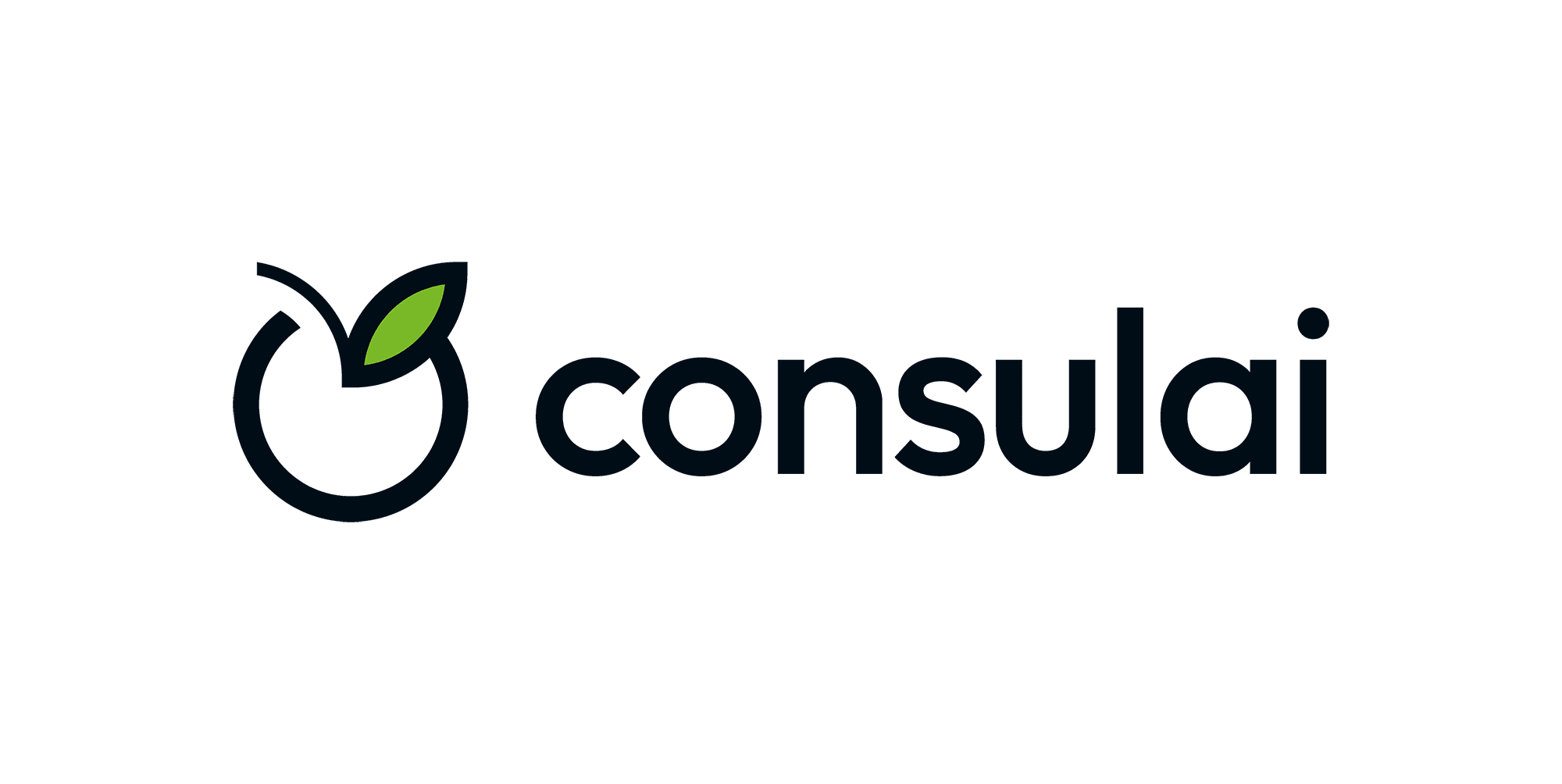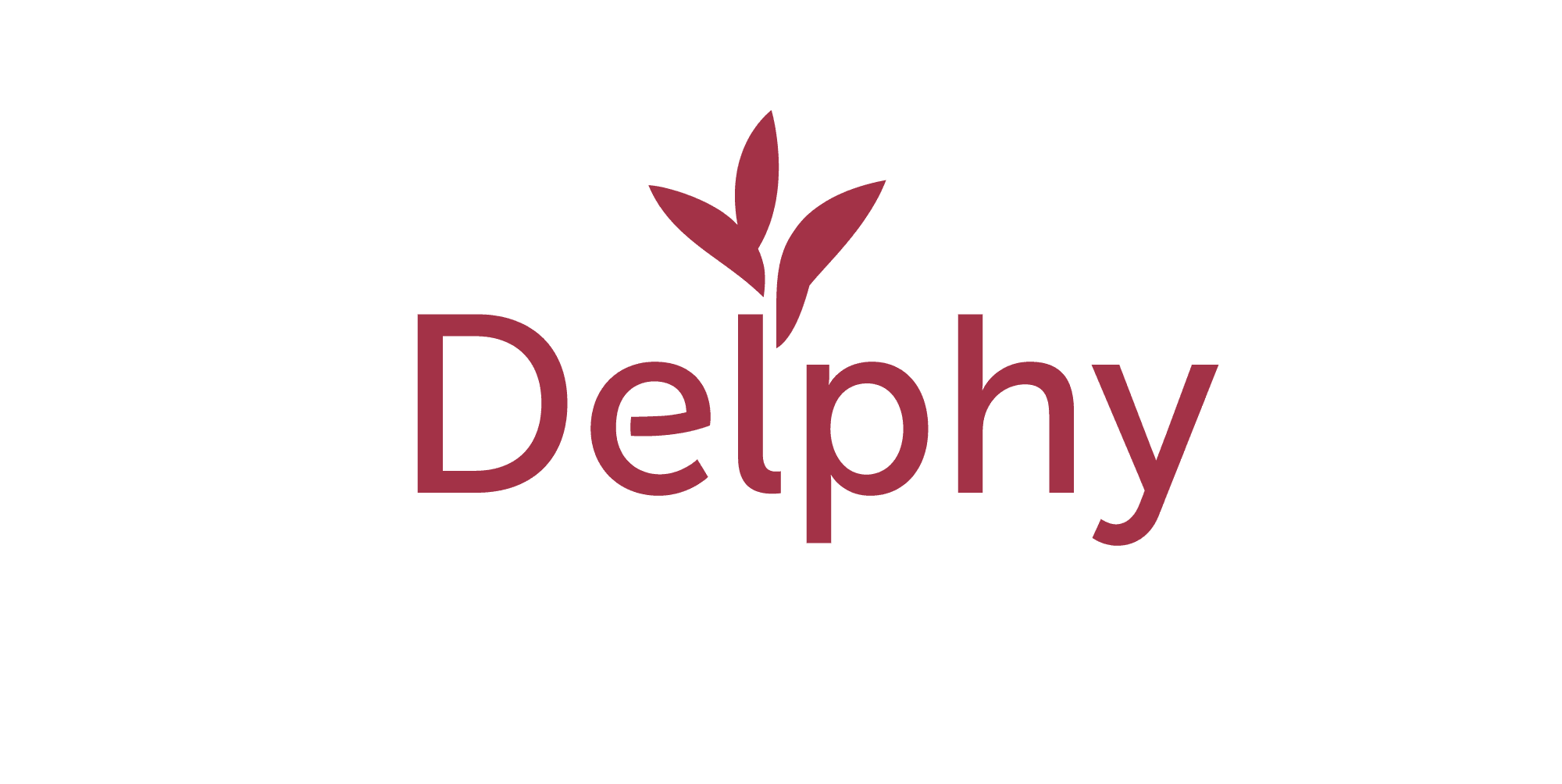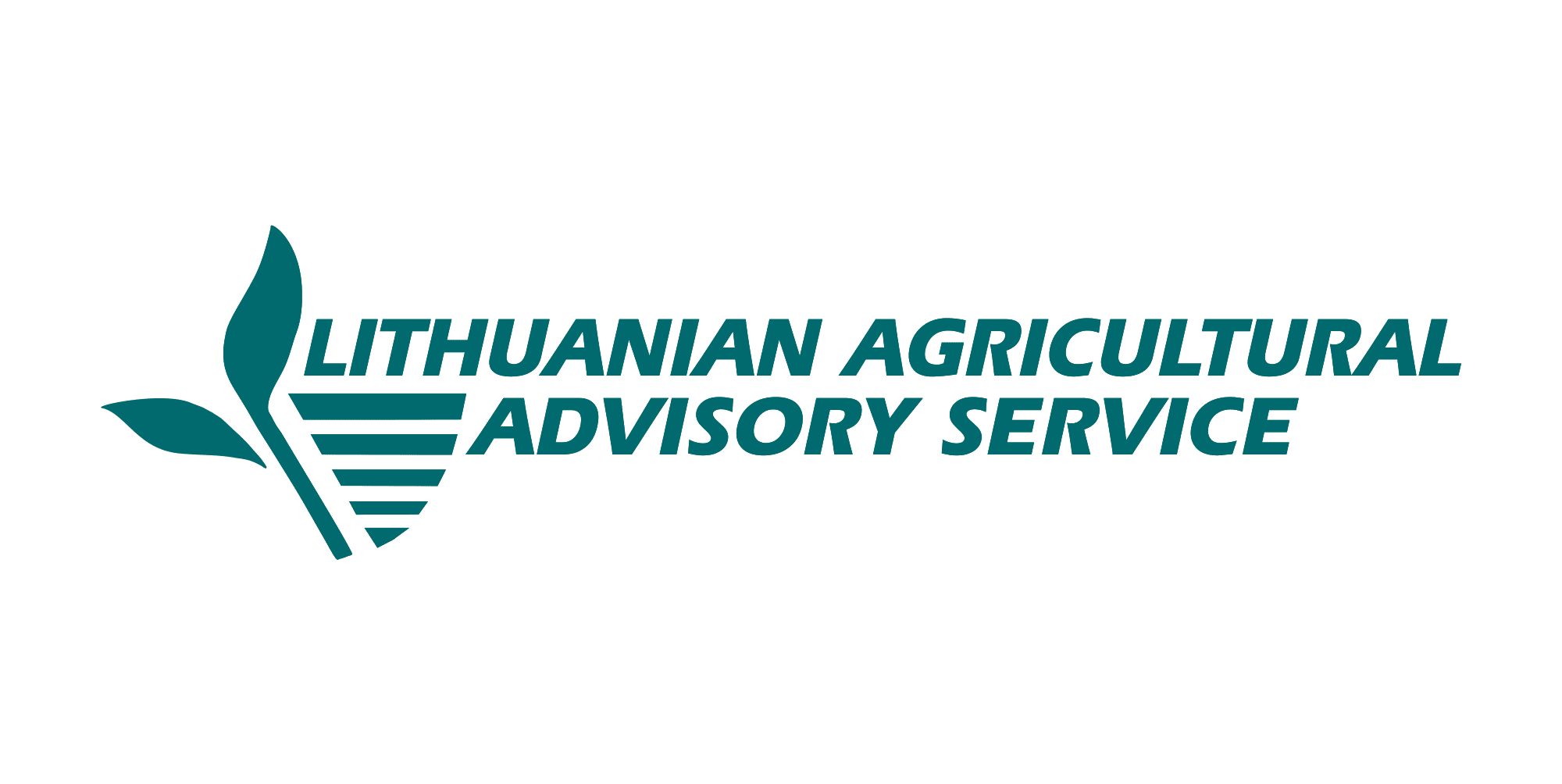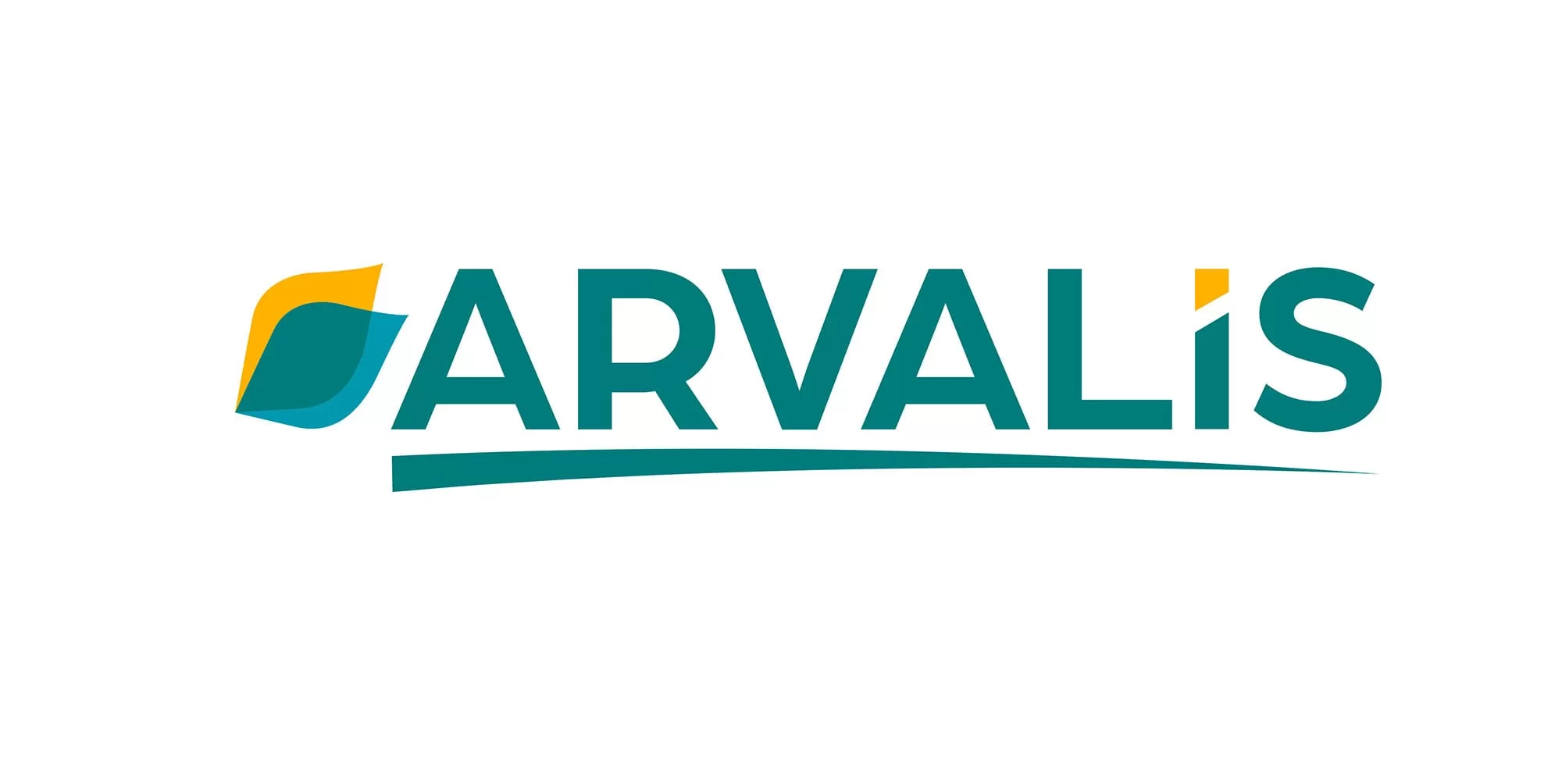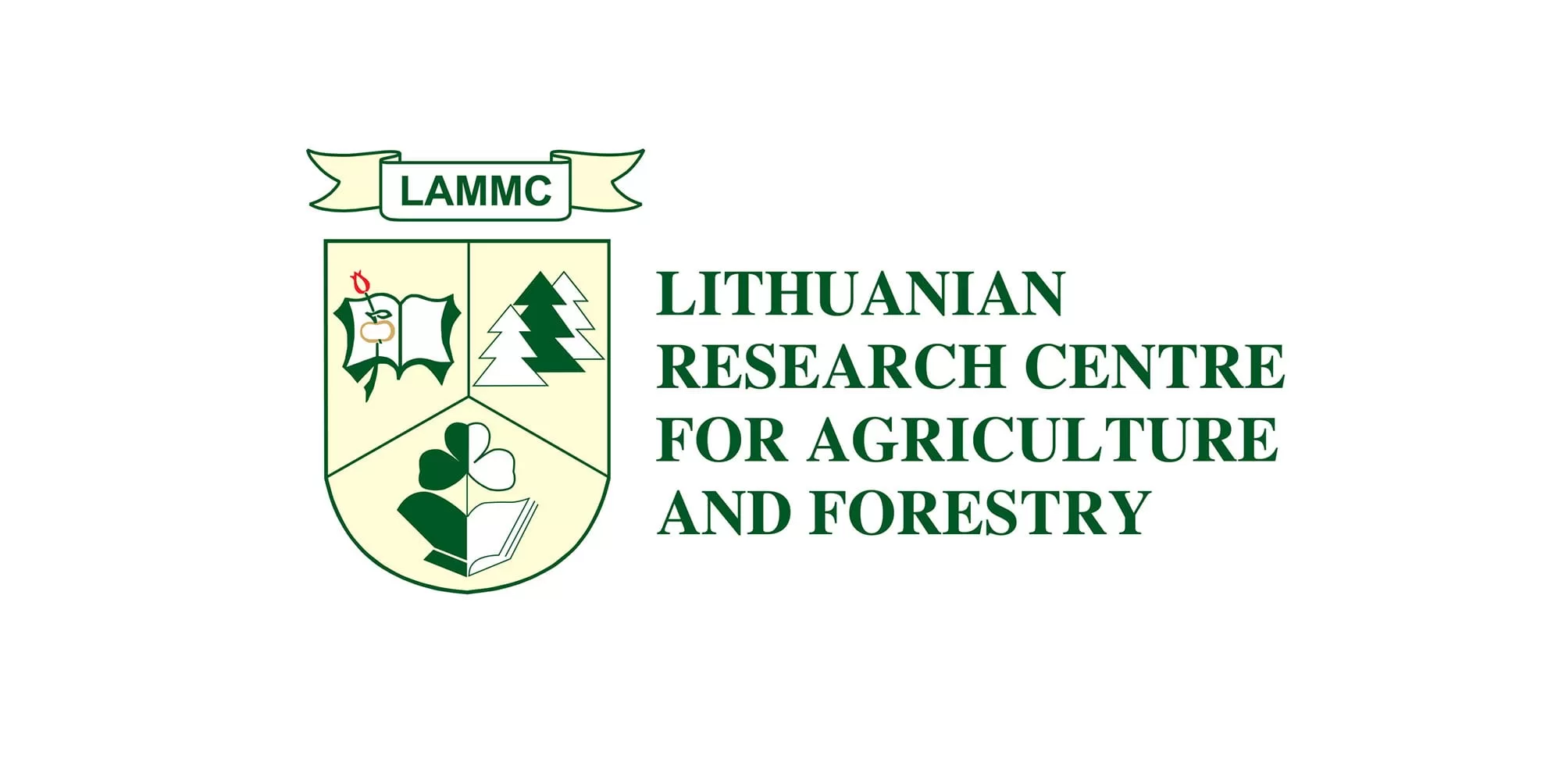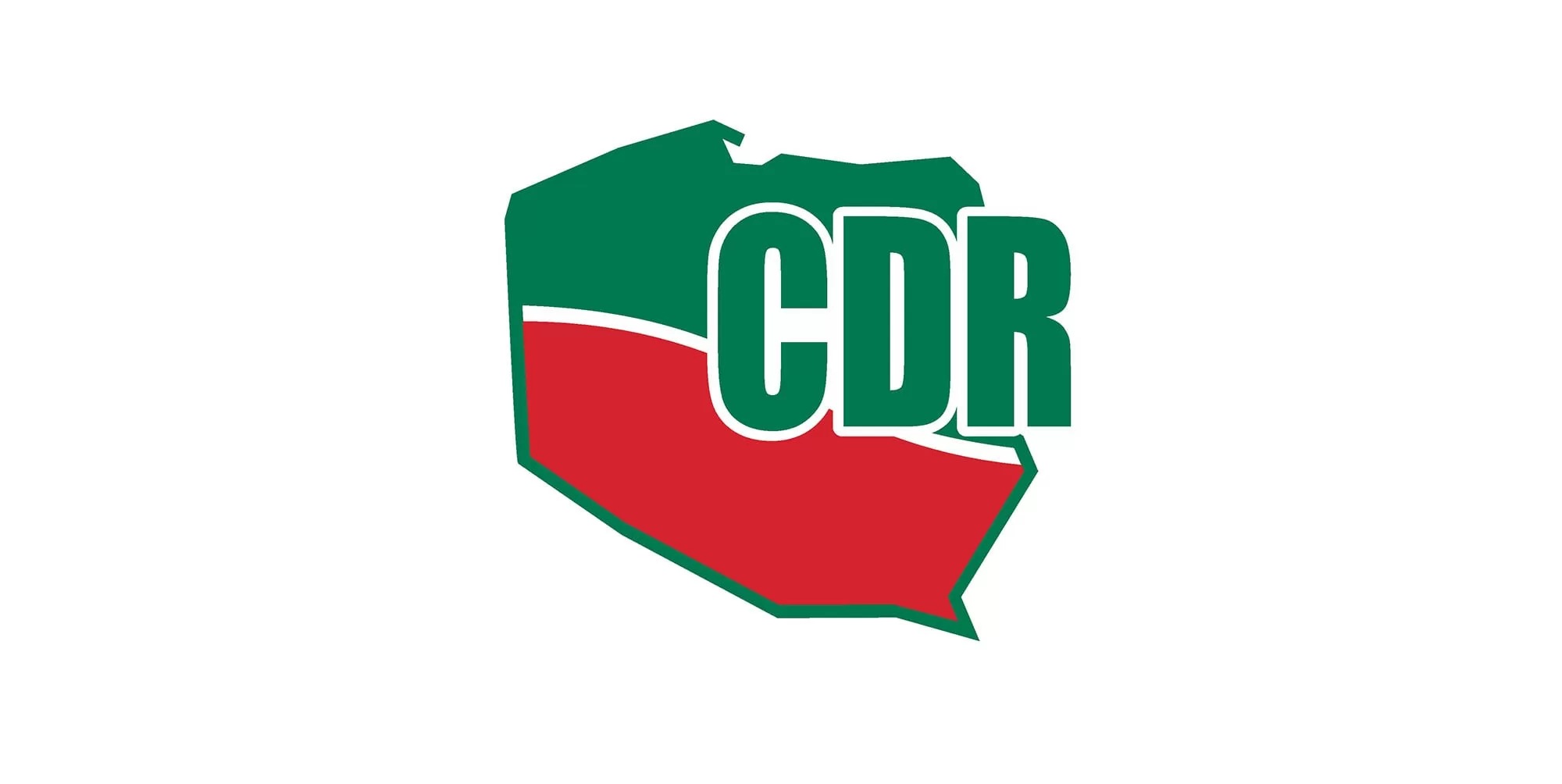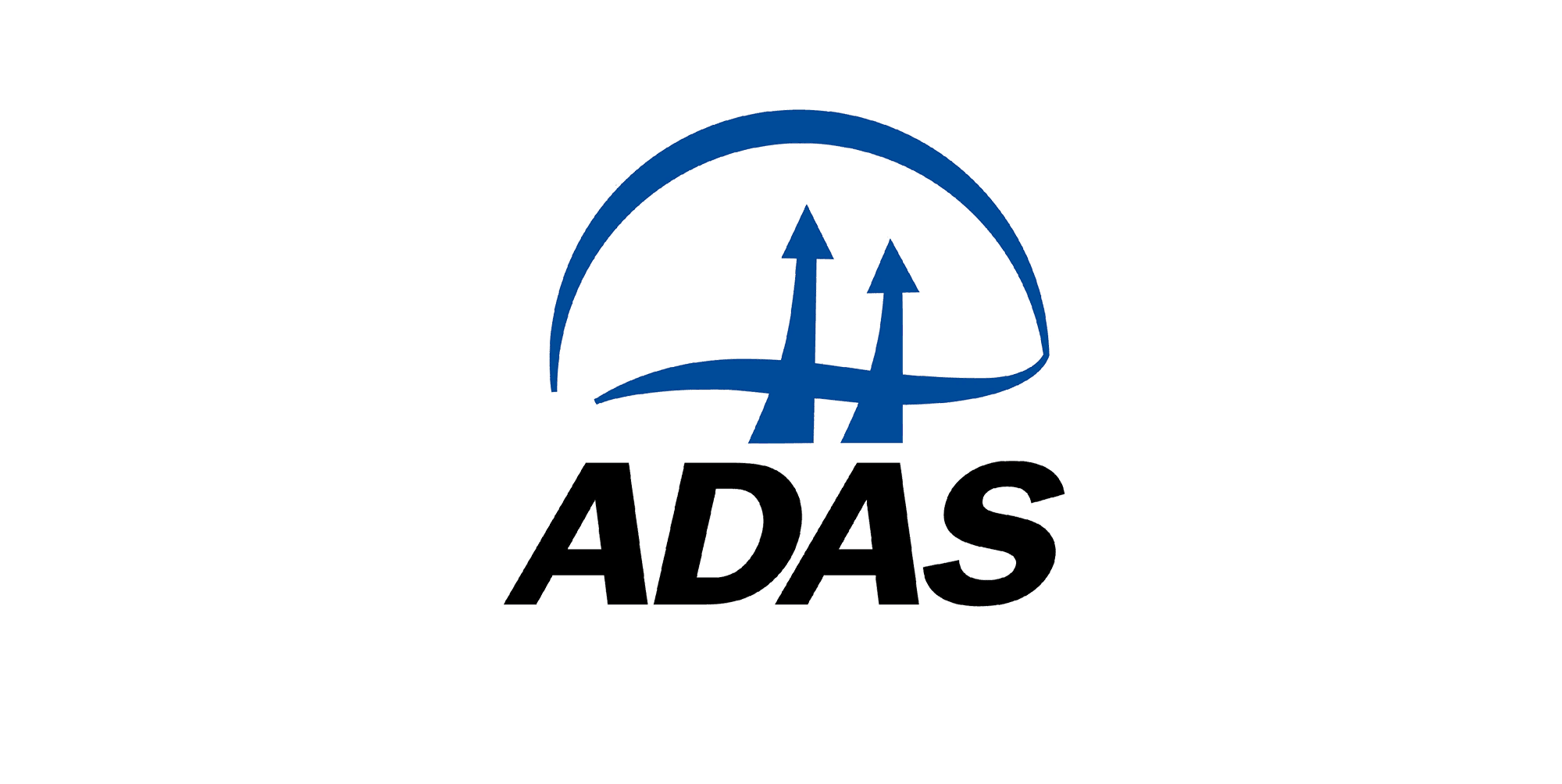FaST
Free
FaST aims to contribute to the increase of competiveness, climate change action, and environmental care. To be used by farmers and free of charge, the FaST tool automatically provides information on the parcels selected, including crops, the number of animals on the farm and the amount of manure generated by them. Additional data is also available for nutrient management such as data on soil, the proximity of protected areas and legal limits on the use of nutrients. Accessible via mobile phones, PCs or tablets as a digital tool, the user can accept or edit the data provided. From this, the tool proposes a nutrient management plan, which gives customised recommendations on crop fertilisation for the farm selected. Its use can bring environmental benefits, such as reducing nutrient leakage in ground water and rivers, as well as positively contributing to soil quality and reducing greenhouse gas emissions. The tool also makes sense from an agronomic perspective. It helps decrease the use of nutrients, when there is over-fertilisation or increase crop yield, when there is under-fertilisation. In both cases, this will lead to an increase in farmers´ revenues and efficiency.
Access the tool
| Name in original language |
FaST |
| Name in English |
FaST |
| Designer/ manufacturer |
EU Commission, PWC France |
| Accessibility |
Free |
| Weblink |
https://www.opekepe.gr/opekepe-organisation-gr/opekepe-news-articles-gr/epikaira-nea/4508-paragwgiki-leitourgia-efarmogis-fast
|
| Countries of primary use |
Belgium, Greece, Bulgaria, Romania, Slovenia, Italy |
| Main language |
Greek |
| Other languages available |
English, Italian, Bulgarian, Slovak, Romanian, French |
| Brief description of the tool |
FaST aims to contribute to the increase of competiveness, climate change action, and environmental care. To be used by farmers and free of charge, the FaST tool automatically provides information on the parcels selected, including crops, the number of animals on the farm and the amount of manure generated by them. Additional data is also available for nutrient management such as data on soil, the proximity of protected areas and legal limits on the use of nutrients. Accessible via mobile phones, PCs or tablets as a digital tool, the user can accept or edit the data provided. From this, the tool proposes a nutrient management plan, which gives customised recommendations on crop fertilisation for the farm selected. Its use can bring environmental benefits, such as reducing nutrient leakage in ground water and rivers, as well as positively contributing to soil quality and reducing greenhouse gas emissions. The tool also makes sense from an agronomic perspective. It helps decrease the use of nutrients, when there is over-fertilisation or increase crop yield, when there is under-fertilisation. In both cases, this will lead to an increase in farmers´ revenues and efficiency. |
| Target user |
Farmer |
| Target crops |
Barley, Beans, Maize, Oats, Oilseed rape, Peas, Rye, Potatoes, Sorghum, Soybean, Sunflower, Wheat |
| Type of tool |
Desk/computer based tool |
| The tool assesses or provides guidance on |
Nutrient recommendation |
| The tool relies on a base recommendation system |
Yes |
| Base recommendation system |
EU's Common Agricultural Policy: 2023-27 |
| The assessment frequency should be |
Once per growing season |
| Required data input is |
Crop, Farm location, Soil analysis result, Nutrient input, Soil type |
| The data can be imported from other tools and systems |
No |
| The tools main output format is |
Value in tool |
| Data can be exported |
No |



